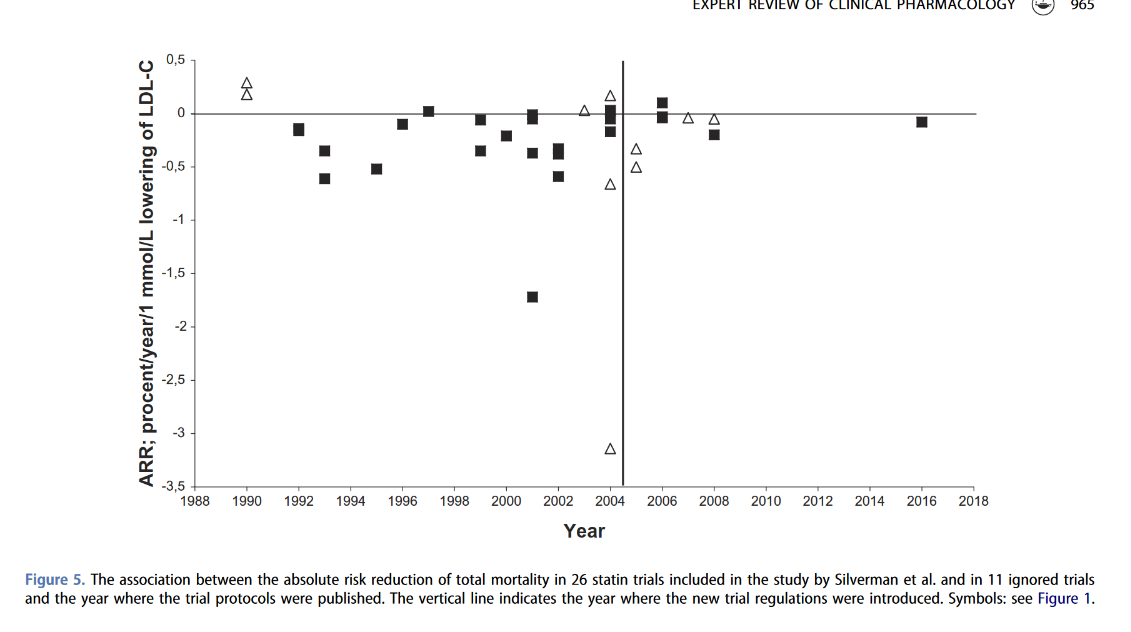The American Heart Association is supposed to work to prevent heart disease, the #1 killer worldwide. Surprisingly, the AHA openly opposed the SNAP reform bill, which would prevent the purchase of junk food with SNAP. Is the American Heart Association really trying to keep us on a “heart-healthy” diet? Find out in this video.
Summarizer
Dr. Eric Berg discusses the American Heart Association's surprising opposition to a bill in Texas aimed at restricting food stamp purchases of unhealthy foods like soda and candy. Despite the AHA's mission to prevent heart disease, they expressed concerns about participation in the SNAP program and the economic implications of the bill. The video exposes conflicts of interest between the AHA and the junk food industry, highlighting significant taxpayer subsidies to the soda industry that contribute to health issues such as obesity and diabetes. Berg argues for the need to shift SNAP funding toward healthier food options to reduce chronic disease and healthcare costs.
Key Points
AHA's Opposition to SNAP Bill
The American Heart Association opposed a Texas bill aimed at restricting food stamps for unhealthy foods. This opposition surprised many, as the AHA's primary mission is to prevent heart disease, which is linked to the consumption of sugary drinks and junk food.
Industry Influence on AHA
Dr. Berg highlights that the AHA receives significant funding from the junk food industry, raising concerns about conflicts of interest. The association's industry partnerships, such as the industry nutrition forum, illustrate the financial ties between them and large food corporations.
Economic Impact of Soda Subsidies
The video notes that taxpayers subsidize the soda industry through SNAP at a staggering $10 billion annually. This funding promotes the purchase of unhealthy foods, contributing to obesity and related health problems, thereby benefiting the big food and pharmaceutical industries.
Call for SNAP Reform
Dr. Berg advocates for reforming SNAP to support only nutrient-dense foods instead of processed options. Such changes could decrease the burden of chronic illnesses and reduce healthcare spending by fostering healthier eating habits among low-income individuals.
Junk Food Industry's Strategies
The soda industry’s campaign against the SNAP bill includes hiring social media influencers and using arguments around food freedom and insecurity to maintain their profits. This highlights a broader PR battle over health and nutrition policy.







AR helmet you wear while eating nutrient paste that makes it look like the perfect hamburger, and provides the right smells.